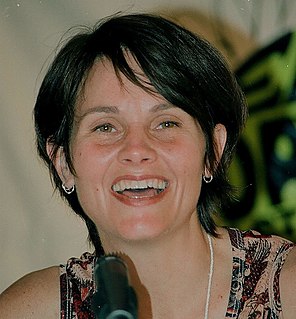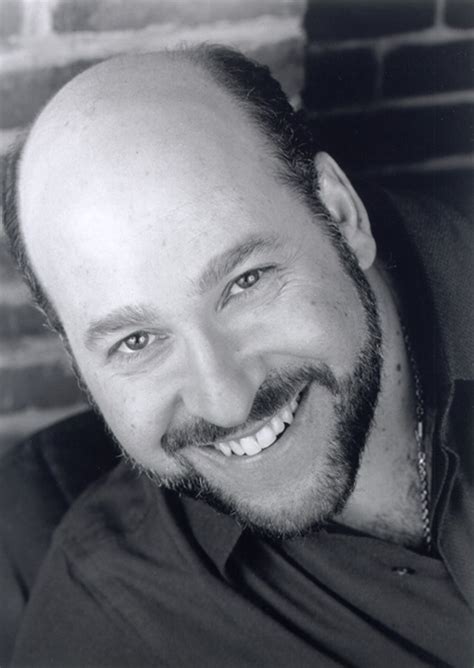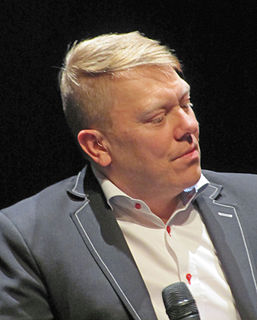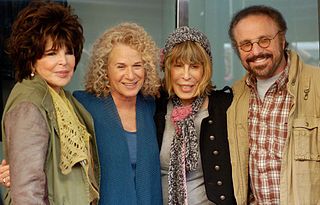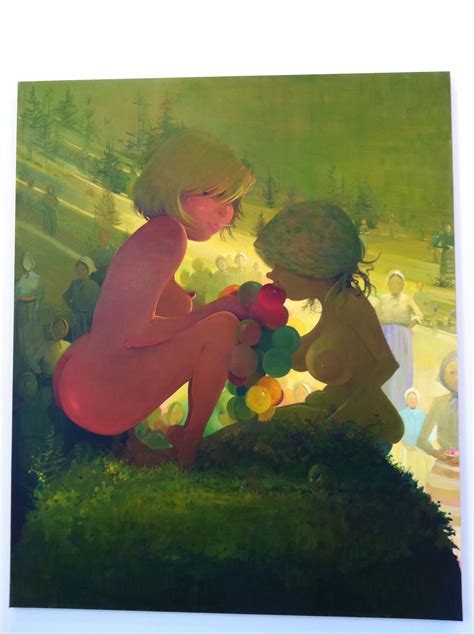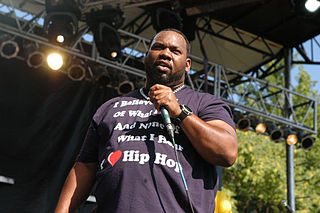A Quote by Shawn Colvin
I'm not a go-out-with-a-band artist. I'm an intimate, storytelling folk artist. It guides the writing and makes for a concert that I'm proud of.
Related Quotes
I remember the first time I was booked into a jazz club. I was scared to death. I'm not a jazz artist. So I got to the club and spotted this big poster saying, 'Richie Havens, folk jazz artist.' Then I'd go to a rock club and I'm billed as a 'folk rock performer' and in the blues clubs I'd be a 'folk blues entertainer.'
